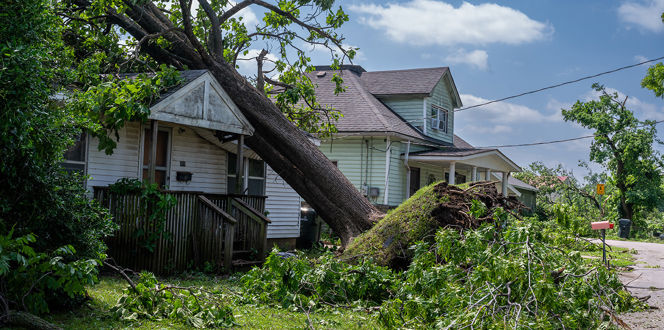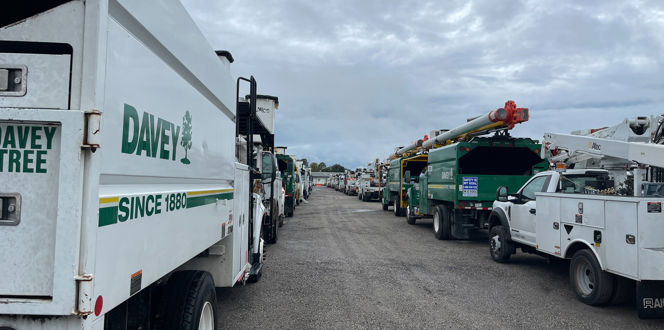Mid-Atlantic Utilities
DRG helps utilities such as PHI and BGE enroll and stay compliant in programs like the Monarch CCAA that put environmental conservation at the forefront of ROW vegetation management.
The Challenge
Utility companies around the United States are enhancing and creating the habitats on their rights-of-way (ROWs) to create more sustainable environments. The increasing popularity of pollinator habitats, endangered species habitats, nesting areas, and other sustainable efforts appearing in utilities’ vegetation management plans shows that utilities have a finger on the pulse of shifting priorities in their communities. In this way, utility companies are turning liabilities into assets.
The Monarch Candidate Conservation Agreement with Assurances (CCAA) is one way to adopt and uphold those new standard practices. The Monarch CCAA is a voluntary, formal nationwide program headed by the U.S. Fish and Wildlife Service (USFWS) and the program administrator, the University of Illinois at Chicago (UIC), that utilities can participate in to commit to addressing threats to the monarch butterfly species through adopting conservation measures. These voluntary measures also benefit the utility companies by providing certainty with the provisions for incidental take in exchange for meeting their commitments.
These conservation measures require heavy planning and a lot of vegetation removal, planting, maintenance, and monitoring legwork. With teams of experts in all these specializations, Davey Resource Group, Inc. (DRG) offers soup-to-nuts services to plan for, install, and maintain pollinator habitats on a utility ROW.
The Solution
DRG has lent its expertise to several utilities that want to add pollinator habitats to their ROWs. Most recently, two Exelon utilities, Pepco Holdings, Inc. (PHI) operating in Maryland, Delaware, and New Jersey, and Baltimore Gas and Electric Co. (BGE) in Maryland, sought DRG’s help to enroll in the Monarch CCAA. In this process, DRG helped the utilities identify locations for habitats, gather data on the ROWs to determine how much span to dedicate to the habitats and make recommendations on what will be the least disruptive and low maintenance plan to use in the habitats.
DRG also works closely with UIC to help the university keep track of enrolled utilities' progress using inventory data and reporting tools. This relationship benefits both the utilities and the university to stay aligned with conservation goals.
The Results
Getting started with the CCAA can take time to ramp up. PHI and BGE have submitted their applications and are awaiting approval to receive Certificates of Inclusion as partners in the Monarch CCAA. DRG assisted in preparing and submitting applications for both clients. Once they are officially enrolled in the program, DRG will help the utilities implement and maximize established IVM practices, remove invasive vegetation, seed and plant pollinator species that will provide the best net benefits on each specific ROW, and carry out habitat maintenance and monitoring for the utilities to make sure they stay in compliance with the Monarch CCAA’s requirements.
This ongoing project is just one of many that show the collaborative sustainability efforts of federal regulators, utility companies, and DRG.







